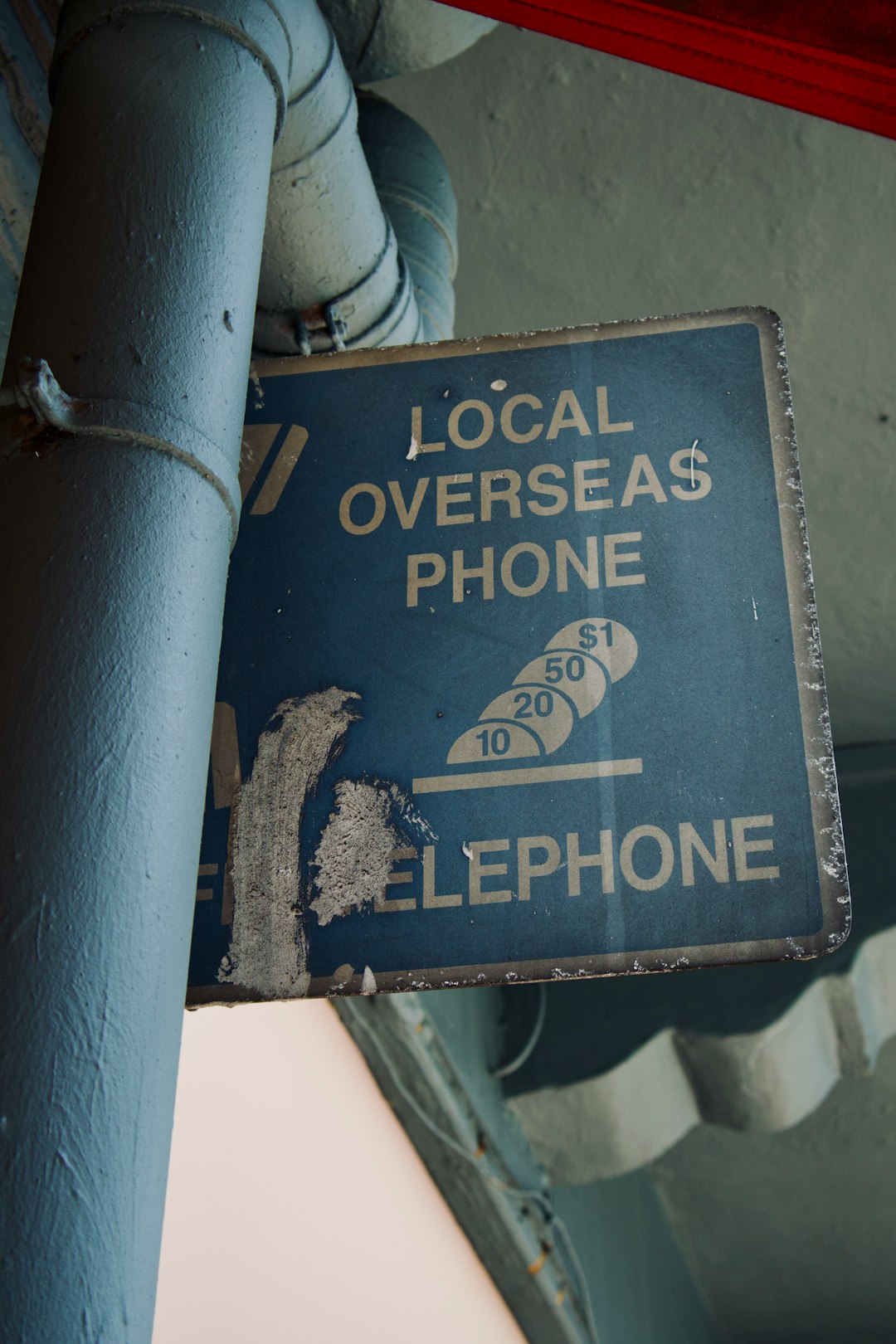In Oregon, No Call Lawyers play a vital role in interpreting and enforcing strict telemarketing regulations (No Call Laws) aimed at protecting consumer privacy and preventing unwanted calls. As Voice Assistant Marketing (VAM) gains traction, these specialists guide businesses on leveraging automated communication while adhering to legal boundaries. By ensuring explicit consent, opt-out options, and personalized messages, No Call Lawyers Oregon foster trust and brand loyalty without legal repercussions, enabling businesses to use VAM ethically and effectively.
“In today’s digital landscape, businesses are constantly seeking innovative marketing strategies. With the rise of voice assistant technology, companies can now engage customers through virtual assistants like Alexa and Siri. However, navigating the legal aspects is crucial, especially regarding Oregon’s strict ‘No Call’ laws.
This article provides a comprehensive guide for spray businesses aiming to utilize voice assistant marketing without legal pitfalls. We explore the legal implications, offer strategies for compliance, and present successful case studies from Oregon, ensuring businesses can thrive while respecting consumer privacy.”
Understanding No Call Laws in Oregon: A Comprehensive Overview

In Oregon, businesses must adhere to strict regulations regarding telemarketing practices to respect consumer privacy and prevent unwanted calls. The state’s No Call Laws are designed to protect residents from excessive marketing calls, ensuring they can enjoy a peaceful home environment free from intrusive sales pitches. These laws are enforced by the Oregon Attorney General’s Office, which works to deter violators through legal actions and penalties.
No Call Lawyers Oregon play a pivotal role in interpreting and enforcing these regulations. They guide businesses on acceptable marketing strategies, helping them stay within legal boundaries. By understanding the specific rules, spray businesses can implement effective voice assistant marketing without running afoul of the law. This approach allows them to reach potential customers while respecting Oregon residents’ rights to silence and privacy.
The Rise of Voice Assistant Marketing and Its Legal Implications

Voice Assistant Marketing (VAM) has emerged as a powerful tool for businesses to engage with their customers in an increasingly digital world. With voice assistants like Siri, Alexa, and Google Assistant becoming ubiquitous, brands are exploring new ways to connect with users through these platforms. However, as VAM gains traction, it’s crucial to navigate the legal implications, especially regarding consumer privacy and anti-spam laws. One region that has seen a rise in such cases is Oregon, where No Call Lawyers play a vital role in ensuring marketing practices adhere to strict regulations.
In the US, including Oregon, direct marketing calls are heavily regulated to protect consumers from unwanted intrusion. Voice assistants, when used for promotional purposes, must comply with these laws, which include obtaining explicit consent from users and providing an opt-out option. No Call Lawyers specialize in these regulations, offering guidance to spray businesses on how to leverage VAM while avoiding legal pitfalls. They ensure that marketing campaigns are designed with consumer privacy at the forefront, fostering trust and long-term brand loyalty without violating any laws.
Strategies for Legally Utilizing Voice Assistant Technologies

In the realm of marketing, staying within legal boundaries is paramount. For spray businesses looking to embrace voice assistant technologies like chatbots and virtual assistants, understanding no-call laws is crucial. Engaging with potential customers via automated voice messages or calls requires careful consideration to avoid legal pitfalls. One effective strategy for legal utilization is ensuring explicit consent from clients before initiating any automated interactions. This can be done through opt-in forms on websites or during in-store sign-ups, allowing businesses to gather permission directly from interested parties.
Additionally, no-call lawyers Oregon can offer valuable guidance tailored to the region’s legal framework. These professionals can assist spray business owners in navigating the intricacies of automated communication laws, helping them craft policies and implement best practices that protect both the company and its customers. By combining consent mechanisms with expert advice, businesses can create a robust foundation for ethical voice assistant marketing while avoiding any potential legal violations.
Best Practices to Avoid Violating No Call Regulations

When implementing voice assistant marketing, spray businesses must adhere to strict guidelines to avoid violating No Call laws, such as those enforced by No Call Lawyers Oregon. One of the key best practices is obtaining explicit consent from customers before initiating automated calls or using voice assistants to contact them. This means providing clear and concise opt-in options during sign-up processes and ensuring customers can easily unsubscribe if they change their minds.
Additionally, businesses should carefully segment their customer bases and tailor messages accordingly. Personalizing interactions based on individual preferences and purchase histories demonstrates respect for consumer choices, reducing the risk of perceived spamming or unwanted contact. Regularly reviewing and updating privacy policies and consent management strategies is also essential to stay compliant with evolving regulations and maintain customer trust.
Case Studies: Successful Voice Marketing Campaigns Within Legal Boundaries

Voice marketing, powered by AI assistants, has gained traction as a novel way to engage customers. However, businesses must tread carefully to avoid potential legal pitfalls, especially when it comes to No Call Laws. A strategic approach can help spray companies harness the benefits of voice technology while staying within regulatory confines.
Case studies from various industries offer insights into successful voice marketing campaigns. For instance, a local spa in Oregon utilized Alexa skills to deliver personalized wellness recommendations and appointment reminders, enhancing customer experience without breaching consumer privacy laws. Similarly, a home improvement retail chain implemented Google Home integration for product queries, allowing users to explore items hands-free—a unique approach that respected user consent and choice, aligning perfectly with No Call Lawyers Oregon guidelines.






